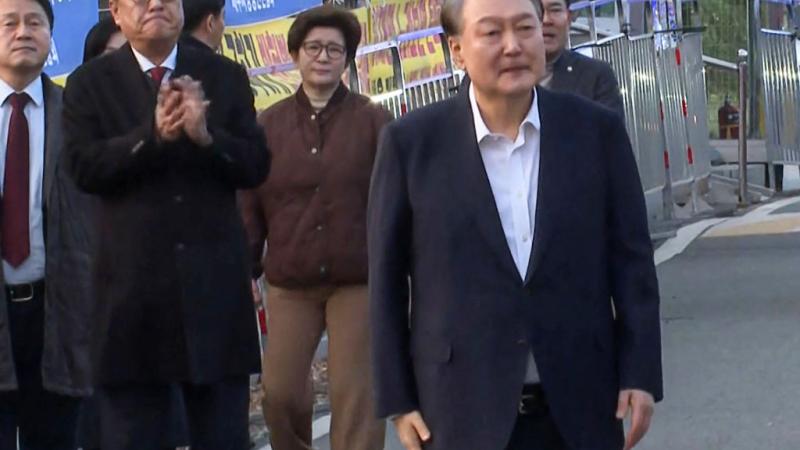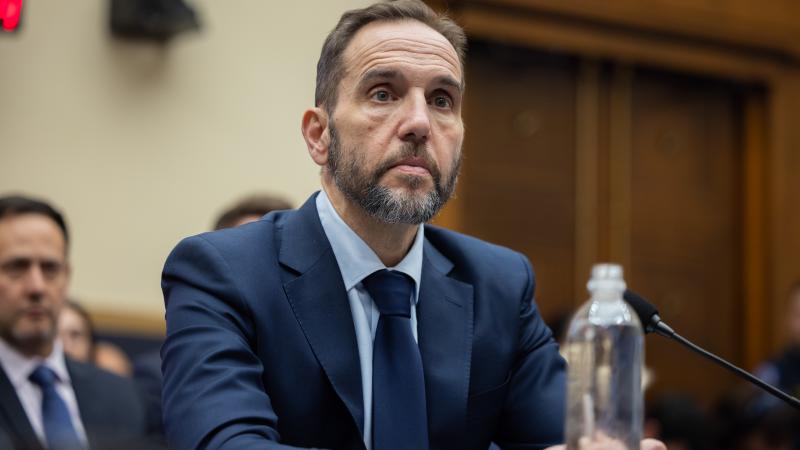White House: 'We do not support Taiwan independence'
As of Monday, Pelosi was still planning to visit the island despite the vitriol from Beijing
White House spokesman John Kirby on Monday hit back against Chinese accusations that the United States was angling for a change in the Sino-Taiwanese diplomatic status quo in the form of formal Taiwanese independence.
"We have repeatedly said that we oppose any unilateral changes to the status quo from either side. We have said that we do not support Taiwan independence," Kirby told reporters. "We have said that we expect cross-straight differences to be resolved by peaceful means."
Both the Taipei-based Republic of China and the Beijing-based People's Republic of China agree on the existence of a single Chinese state that includes the territory of both governments, though each claims to be the legitimate government of that unified entity. Taiwan does not formally claim independence though communist propaganda often refers to the island as being under separatist control.
After losing the Chinese Civil War to Mao Zedong's communist faction, Chinese nationalist forces under Chiang Kai-Shek fled to Taiwan where they have maintained their last outpost since 1949.
Kirby's remarks do not reflect any change in the United States' diplomatic position on the issue, though they come in response to Chinese accusations of such and their escalated bellicose rhetoric about invading the island.
Communist propagandists have taken aim at House Speaker Nancy Pelosi's planned trip to the island, warning that such a trip would hurt Sino-American relations and even suggesting that the military should shoot down her plane.
As of Monday, Pelosi was still planning to visit the island despite the vitriol from Beijing.
American officials remain concerned that Beijing plans to storm the island and is drawing lessons from the Russian invasion of Ukraine to prepare for such an operation.
















